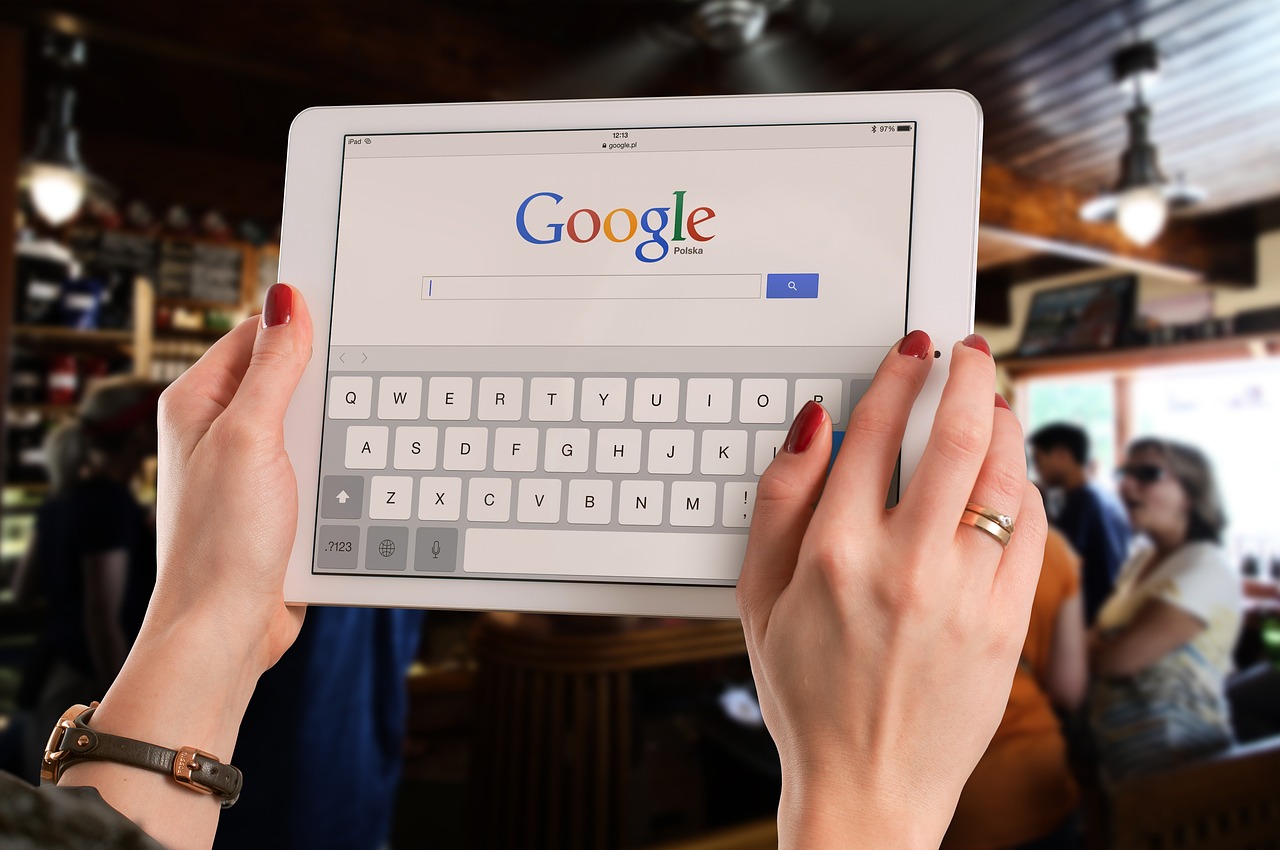Your cell phone may be in danger. Learn how to avoid being tracked and running the risk of having your data stolen by criminals.
Hiding your phone's location can be a difficult task for some users. After all, the GPS found in smartphones is an essential tool for some basic everyday applications, such as maps, transportation and delivery apps.
But you need to be careful, as criminals can take advantage of this tool to steal your data. Although this feature allows you to track devices, it is not the only one that can be used to “hijack” your location. In this sense, you should be careful with public Wi-Fi networks, spy apps and even Bluetooth.
To help keep your privacy and data safe, read on for some tips to protect your phone.

Turn off GPS
An easy way to protect your smartphone's location is to disable your device's GPS. Information collected from your phone's location service can be used by spy apps to track you without your permission, and even by legitimate apps with permissions they don't need to use. By turning off GPS, users can protect from tracking unwanted.
You can turn off GPS on your Android phone through settings or quick settings. Tap on “Location” and turn off location.
On your iPhone, go to Settings, tap Privacy & Security, and select Location Services. Then turn off “Precise Location.”
Avoid public Wi-Fi
Public Wi-Fi networks, such as those offered in shopping malls or airports, can be very useful if the signal is weak or unstable. However, it is important to know that they are not completely secure. Typically, in exchange for a connection, users must provide sensitive information, such as their name, date of birth, social security number and location.
Public Wi-Fi networks also collect MAC (Medium Access Control) addresses. A series of numbers and letters assigned to each network device by the manufacturer, it serves as a unique ID for each device. This code allows access to the user's location history and other sensitive data. Additionally, because public Wi-Fi connections are more vulnerable, criminals can more easily intercept sensitive information, such as passwords and banking information.
Use a VPN
One of the best ways to prevent your device from being tracked without your permission is to use a virtual private network (VPN). This technology creates an encrypted connection and hides the user’s real IP address by replacing it with a new one. This not only hides your real location by appearing connected to the VPN server’s location, but also helps you bypass ad trackers and protect other important data.
Downloading and installing a VPN on your device is very easy, as there are several software programs available for PCs and smartphones on the market. However, it is worth mentioning that you should be careful with some free VPN apps that are not completely safe, as they can use your connection to track and collect user data.
Install antivirus
Just like computers, smartphones are also vulnerable to various types of malware. Also known as spy apps, these apps are installed on your phone to collect your sensitive information, such as your internet activity, banking details, confidential documents, and photos.
It is important to install a reliable antivirus on your phone, such as Avast, McAfee, Norton Security, to avoid spyware infections. Additionally, malware is often downloaded through phishing addresses and apps from unknown sources, so avoid clicking on suspicious links or downloading apps outside of the Google Play Store.
Deauthorize applications
When downloading an app, it’s common for users to quickly review the requested permissions and terms of use without realizing that they may be giving away more information than they want to. Some apps require access to your location, but it’s not essential to function. For example, a laptop app doesn’t need GPS access.
Therefore, it is important to check which programs are accessing this information in your smartphone's location settings. Here you can cancel sharing with all applications or select only the applications that should be restricted. This prevents your device from being tracked.
Do not share your location on social media
Social networks such as Facebook, Instagram and Twitter use geolocation to indicate where a user is posting, which can indicate an exact or approximate location. You should not share this data, as spies or malicious people can use this information to track your steps. To do this, check the application settings and revoke the location access.
Additionally, avoid manually tagging locations in your posts. It’s also important not to give too many hints about your daily routine. Don’t mention where you work or where you go to school, and never show the school your children attend, for example.
Turn off Bluetooth
When Bluetooth is turned on, it sends short-range signals that can identify a device's location. Like Wi-Fi connections, Bluetooth leaves your MAC address exposed. So turn off Bluetooth when you're not using it to avoid being tracked, especially in public places.



